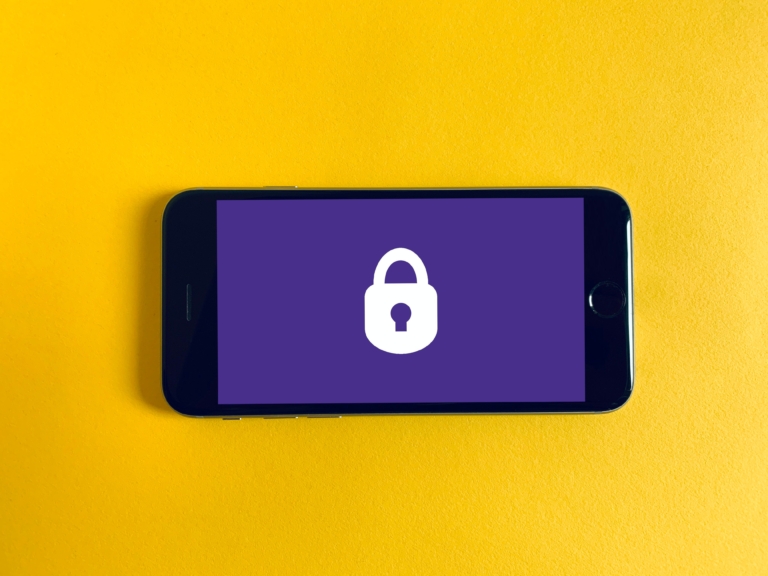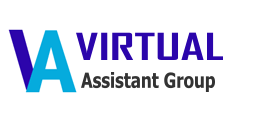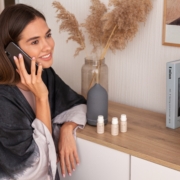Privacy First: Virtual Assistant Tips for Enhanced Security
/in Admin Support Virtual Assistant, Virtual Assistant in Canada, Virtual assistant in USA /by admin
As virtual assistants seamlessly integrate into our daily lives, from managing tasks to controlling smart home devices, the need for robust security measures has never been more critical. This article explores essential tips and practices to prioritize privacy and enhance the security of your virtual assistant-enabled devices. By adopting a “Privacy First” mindset, you can enjoy the convenience of virtual assistants while safeguarding your sensitive information.
1. Review and Adjust Privacy Settings: The first step in securing your virtual assistant is to review and adjust its privacy settings. Most virtual assistant platforms provide granular control over what data is collected, stored, and shared. Take the time to customize these settings based on your comfort level, ensuring that you strike the right balance between functionality and privacy.
2. Implement Multi-Factor Authentication (MFA): Adding an extra layer of protection to your virtual assistant accounts is crucial. Enable multi-factor authentication to enhance security by requiring an additional verification step, such as a code sent to your mobile device. This simple yet effective measure can significantly reduce the risk of unauthorized access to your virtual assistant settings and data.
3. Understand Data Storage and Retention Policies: Educate yourself on the data storage and retention policies of your virtual assistant provider. Know how long your voice recordings, commands, and other data are stored, and whether you have the option to delete them manually. Being aware of these policies empowers you to make informed decisions about the data you’re comfortable having stored and for how long.
4. Regularly Update Software and Firmware: Security vulnerabilities can be exploited by malicious actors, so it’s crucial to keep your virtual assistant’s software and firmware up to date. Regular updates often include security patches that address potential vulnerabilities. Set your device to receive automatic updates, and check periodically to ensure that you are running the latest version of the software.
5. Be Mindful of Third-Party Integrations: Many virtual assistants allow third-party integrations to enhance functionality. While these integrations can be beneficial, they also introduce additional security considerations. Only enable trusted and reputable third-party apps, and regularly review the permissions granted to them. Remove any unnecessary integrations to minimize potential security risks.
Conclusion: In a world where privacy concerns are at the forefront, taking a proactive approach to the security of your virtual assistant is paramount. By implementing the tips outlined in this article, you can enjoy the convenience and efficiency of virtual assistants while maintaining control over your personal information. Remember, a “Privacy First” mindset not only protects your data but also contributes to a safer and more secure digital environment. Stay informed, stay vigilant, and enjoy the benefits of your virtual assistant with confidence.
To explore how we can assist in transforming your business, contact us BOOK A FREE CONSULTATION at 1-877-263-7064 or click here to schedule a meeting with us. Visit our website by clicking here.









